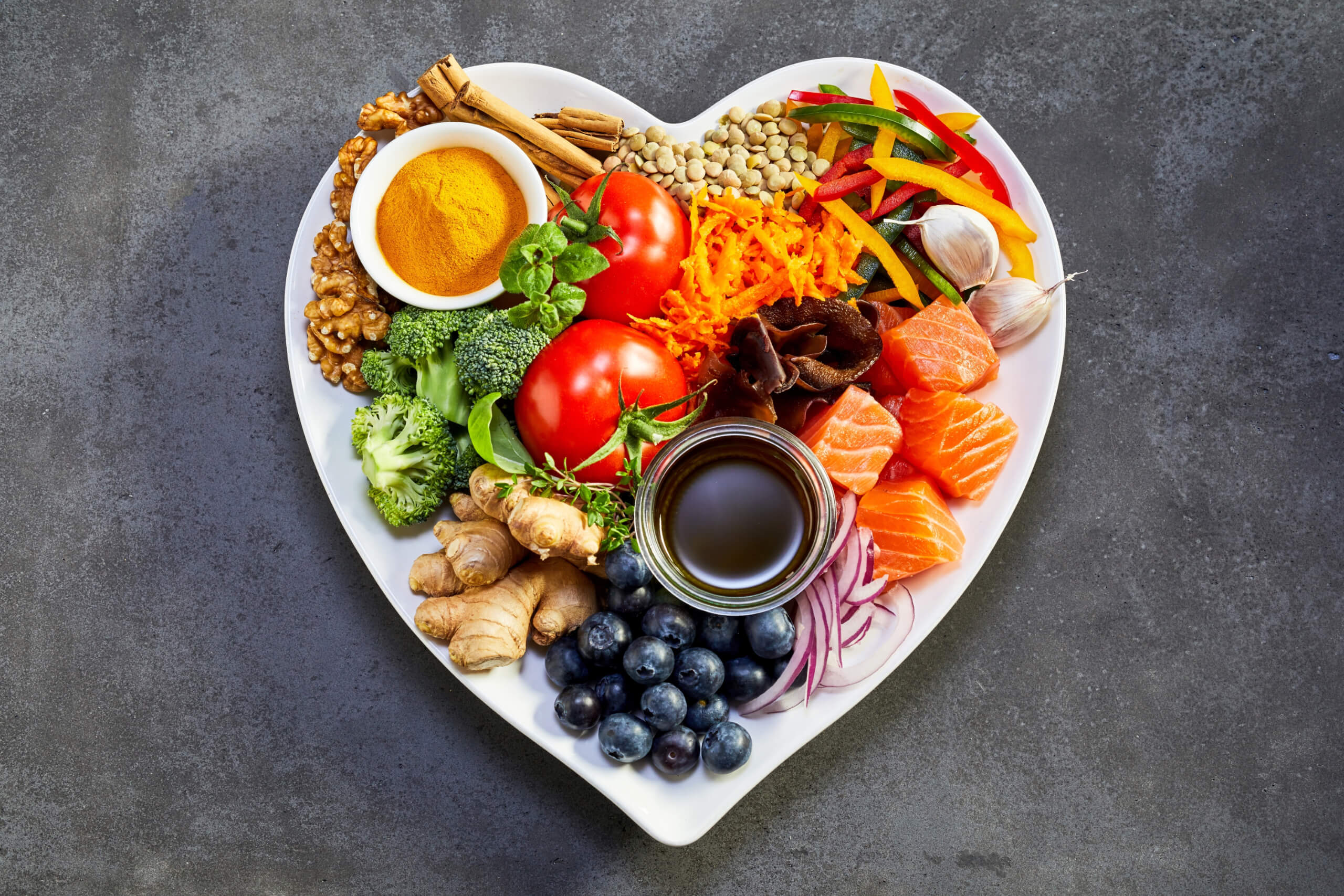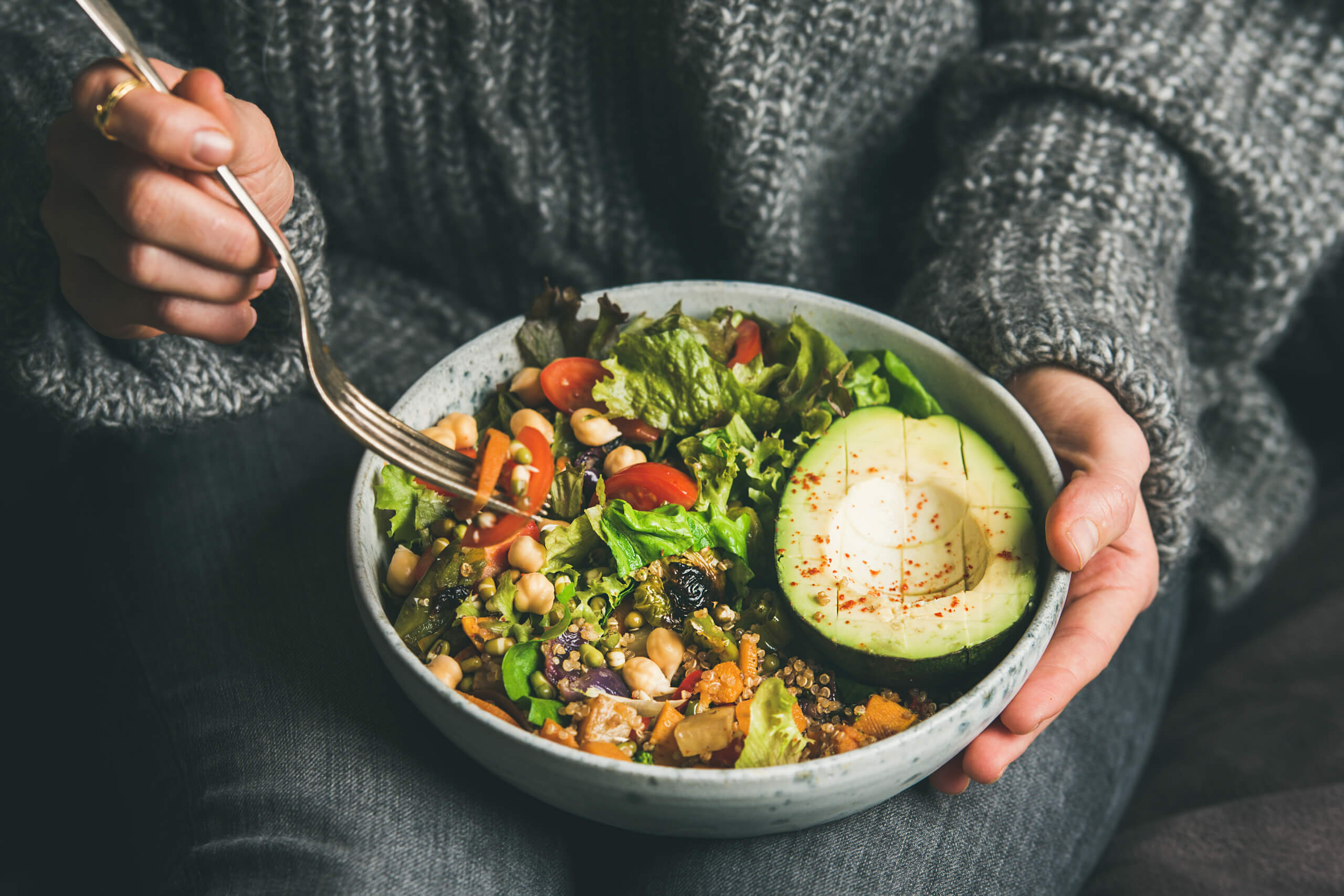Introduction
In the fast-paced world we live in, maintaining a healthy diet can sometimes feel like an uphill battle. However, with the inclusion of super foods in our daily meals, achieving a balanced diet becomes a more attainable goal.
What are Super Foods?
Super foods are nutrient-rich foods considered to be exceptionally beneficial for health and well-being. They are packed with vitamins, minerals, antioxidants, and other essential nutrients that can provide a myriad of health benefits.
Benefits of Super Foods
From boosting the immune system to reducing the risk of chronic diseases, super foods are known to provide a significant impact on our health while promoting longevity and better quality of life.
The Super Foods
Spinach
Nutritional Value
Spinach is rich in vitamins A, C, K, and folic acid, as well as iron, calcium, and magnesium.
Health Benefits
It supports bone health, enhances eyesight, and helps in reducing oxidative stress.
Blueberries
Nutritional Value
Blueberries are packed with antioxidants, vitamin C, and fiber.
Health Benefits
They help in lowering blood pressure levels, reducing DNA damage, and improving brain function.
Salmon
Nutritional Value
Salmon is a great source of omega-3 fatty acids, vitamins B12 and D, and selenium.
Health Benefits
It promotes heart health, supports mental wellness, and helps in reducing inflammation.
Avocados
Nutritional Value
Avocados are rich in healthy fats, folate, and vitamin K.
Health Benefits
They aid in lowering bad cholesterol levels, promoting good heart health, and supporting better digestion.
Quinoa
Nutritional Value
Quinoa is a complete protein, offering all nine essential amino acids, and is also high in fiber.
Health Benefits
It supports weight management, improves gut health, and provides a steady energy release.
Almonds
Nutritional Value
Almonds are loaded with vitamin E, magnesium, and healthy fats.
Health Benefits
They promote heart health, support weight management, and help in stabilizing blood sugar levels.
Chia Seeds
Nutritional Value
Chia seeds are a good source of omega-3 fatty acids, fiber, antioxidants, iron, and calcium.
Health Benefits
They help in maintaining healthy cholesterol levels, reducing inflammation, and promoting gut health.
Kale
Nutritional Value
Kale is high in vitamins A, K, and C, along with other vital minerals.
Health Benefits
It supports heart health, aids in digestion, and has cancer-fighting properties.
Broccoli
Nutritional Value
Broccoli is rich in vitamins C and K, folate, and also provides potassium and fiber.
Health Benefits
It supports immune system health, promotes heart health, and has cancer-fighting properties.
Sweet Potatoes
Nutritional Value
Sweet potatoes are a good source of fiber, vitamins, and minerals, particularly vitamin A.
Health Benefits
They promote gut health, support vision health, and may have cancer-fighting properties.
Incorporating Super Foods in Your Diet
It’s easy to include these super foods in your daily diet. They can be added to smoothies, salads, or even as a part of your main course. Making a conscious effort to include more super foods in your meals can lead to a healthier and more vibrant life.
Conclusion
Incorporating super foods into your diet is a simple yet effective way to boost your health and well-being. With their high nutritional value and myriad health benefits, super foods are indeed a boon to our lives.
FAQs
- What are some other super foods?
- Other notable super foods include kale, chia seeds, and broccoli.
- How often should I consume super foods?
- It’s good to include super foods in your daily diet, but moderation is key.
- Can super foods replace a balanced diet?
- No, super foods are a supplement to a balanced diet, not a replacement.
- Are super foods expensive?
- The cost can vary, but investing in your health is always worthwhile.
- Where can I buy super foods?
- Super foods are available at health food stores, online, or at your local grocery store.
Related Posts
11/12/2023
Potential Role of CBD for Athletes
The world of sports is constantly evolving, with athletes always seeking new methods to enhance their performance and…
01/12/2023
Competition time! Win a free product for you and your gym buddy
We are giving away one of our supplements for free! For you and your gym buddy or bestie. To enter: like a post on our…
29/11/2023
How Food Habits Can Affect Your Mental Health
The food we eat plays a crucial role in not just our physical health but also our mental well-being. Recent research…
08/11/2023
Healthy Diet 101: Macro and Micronutrients – Tips and Tricks
A healthy diet is more than just a tool for weight management; it's a way to nourish your body and mind, maintain good…
01/11/2023
Spooky? Health Benefits of Pumpkin for Athletes
Pumpkins, often associated with Halloween and fall festivities, are usually seen carved into jack-o’-lanterns rather…
24/10/2023
Are Plant-Based Diets Suitable for Athletes?
Ever pondered whether a plant-based diet could fuel the rigorous demands of an athlete? Let's dive deep and unravel…
19/10/2023
10 Best Foods for Sports Injury and Recovery
Sports injuries are a common part of an athlete's journey, but the road to recovery can be expedited with the right…
13/10/2023
8 Benefits of High Intensity Interval Training (HIIT)
Quisque non est quis libero ornare egestas vel ut arcu. Ut non mauris maximus, consectetur lorem et, interdum quam. Nam…
09/10/2023
10 Best Gym & Training Accessories to Improve Performance
In the quest for athletic excellence, the modern-day gym enthusiast is always on the lookout for the edge that will…












